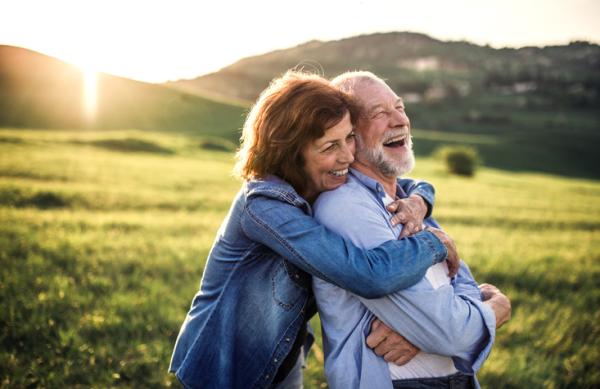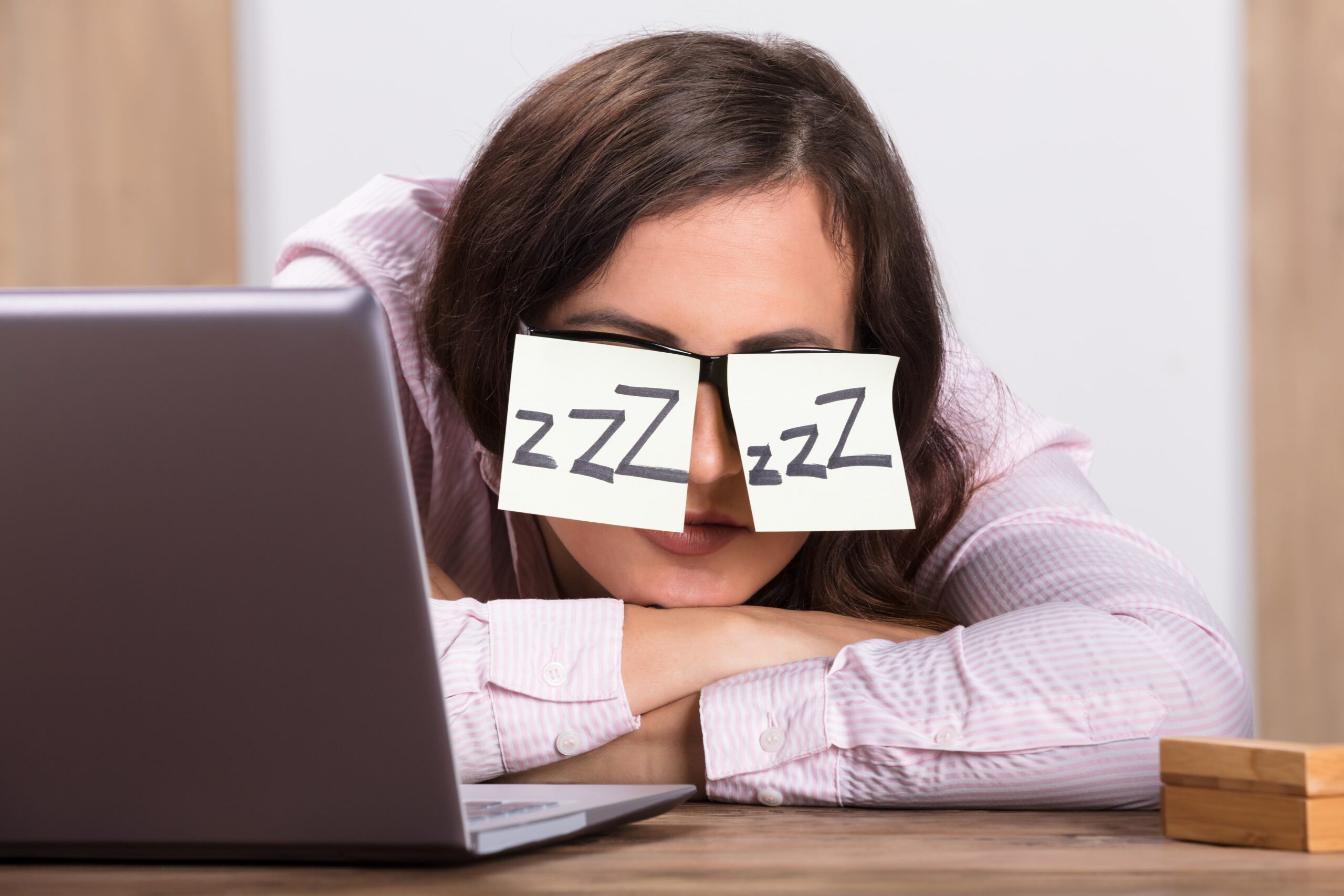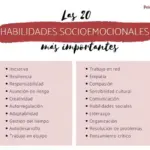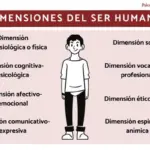In the times we live in, with accelerated rhythms and immersed in multiple tasks, personal and emotional self-care It has become an aspect to take into account as a determining factor in one’s own physical, psychological and emotional health. We live in developed and advanced societies that, however, have entangled us in frenetic rhythms that are very contrary to true human needs. Starting from here, self-care becomes an essential tool to guarantee our health.
In this PsychologyFor article we are going to explain the importance of regain self-care As something essential to the human being, we will propose a self-care plan and give you ideas on possible techniques to use to carry it out.
What is personal and emotional self-care?
Personal and emotional self-care is defined as the set of actions that a person undertakes to benefit their health and well-being. In reality, it is an innate quality of the human being whose main objective is to guarantee his survival and, with it, that of his family and social group. We call the set of actions we carry out regarding our personal care “life habits.” The habits we adopt will determine our general state of health. They interact with each other, conditioning our physical, mental and emotional state. We can differentiate between healthy lifestyle habits versus toxic lifestyle habits.
Healthy habits
- Balance diet
- Moderate or no toxic substance consumption
- Moderate physical exercise
- Restful rest
- Prevention and/or reduction of environmental pollution
- Proper personal hygiene
- Mental and emotional balance
- Positive social relationships
- Practice leisure activities
- Contact with the nature
Habits harmful to health
- Unbalanced diet
- Habitual or excessive consumption of toxic substances
- Sedentary lifestyle
- Insomnia or excessive sleeping
- Environment with environmental pollution
- Lack of personal hygiene
- Stress and chronic negative emotions
- Negative or nonexistent personal relationships
- Not having leisure activities
- Neglect contact with nature
The social systems in which we currently live, although they have brought us great technological and human development advances, have been a challenge when it comes to respecting our basic personal care needs. The accelerated pace of life; the multitasking in which we find ourselves immersed; dependence on the economic system; the promotion of urban life as a synonym for personal and social success; etc., have led us to develop many unhealthy lifestyle habits that threaten our physical, psychological and spiritual well-being.
How to make a personal and emotional self-care plan
The steps necessary to create an action plan that promotes and maintains our physical and emotional health requires the following steps:
- Become aware: inform us about which healthy lifestyles will favor our general well-being (described in the previous section) versus those that harm it and why.
- Discernment: list and describe our current lifestyle habits and assess their consequences on our health
- Action strategy: establish a daily routine to incorporate these new habits little by little into our lives and, simultaneously, eliminate unhealthy habits.
- Support net: Seek and request the necessary help to carry out this plan, both personal (family, friends, etc.) and professional (nutritionists, personal trainers, psychotherapists, etc.).
Personal and emotional self-care techniques
Some of the techniques that will allow us reintroduce healthy habits in our daily routine are the following:
- Consult a nutritionist and introduce a healthy and balanced diet based on the consumption of fruits, vegetables and greens; whole grain flours and cereals; mainly vegetable proteins (reducing the consumption of animal proteins as much as possible); Avoid sweets and processed foods.
- Drink daily 1.5 liters of water approximately.
- Eliminate the consumption of tobacco and alcohol and other toxic substances.
- Carry out physical exercise regular and moderate: walking, swimming, cycling, practicing yoga, etc.
- Sleep an average of 6-8 hours a day, ensuring that it provides us with the necessary rest. Here you will find tricks and tips to fall asleep quickly and rest better.
- Reduce environmental pollution avoiding toxic products in cleaning and personal hygiene; reducing the use of mobile and electronic devices; using public vehicles or bicycles; consuming organic foods; etc
- maintain a good personal hygiene: regular shower, clean clothes, oral hygiene, etc.
- Practice relaxation techniques and visualization; dance; relaxing baths; listen to calm music; paint mandalas; etc to return to our slower pace of life.
- Balance the moments of introspection with social relationships, nourishing ourselves with those people who feed our soul.
- Rediscover (if we don’t already know it) our personal tastes and realize activities that satisfy them.
- Carry out as many activities as possible in open spaces In nature: social and family gatherings; carrying out physical exercise and leisure and personal relaxation activities; work and school activities; etc Here you can see 12 ecological and economical activities to do outdoors.
Personal and emotional self-care as a personal and social responsibility
The practice of these healthy lifestyles feeds each other, while the practice of some enhances and reinforces that of others. It is, in fact, about an attitude of respect towards one’s own life that has a positive impact on our environment.
Incorporating these lifestyle habits of personal care is nothing more than recovering our essential way of functioning as human beings: living in a respectful manner with ourselves and, therefore, with our peers and with nature. This is why the objective of self-care becomes not only a way of treating ourselves with respect but also a personal and social responsibility necessary to guarantee a more peaceful, supportive and fair coexistence for all living beings.
This article is merely informative, at PsychologyFor we do not have the power to make a diagnosis or recommend a treatment. We invite you to go to a psychologist to treat your particular case.
If you want to read more articles similar to What is personal and emotional self-care? we recommend that you enter our Personal Growth and Self-Help category.
Bibliography
- Gamboa Lara, CB (2019). Self-esteem and self-care.
- Monsalvo San Macario, E. and Fernández Batalla, M. (2017). Formalization of balance as a driver of care. SciELO Analytics, II (3). Recovered from: http://scielo.isciii.es/scielo.php?script=sci_arttext&pid=S1988-348X2017000300004
- Sayas Ruiz de Gauna, S. (November 2, 2016). What if we start with self-care? Recovered from: http://www.sayasalud.es/y-si-empezamos-por-el-autocuidado/
- Wikidocs. Doktuz. Healthy lifestyles. Recovered from: https://www.doktuz.com/wikidoks/prevencion/estilos-de-vida-saludable.html









